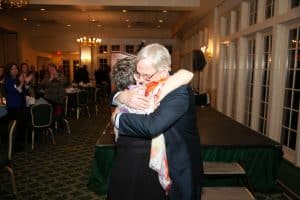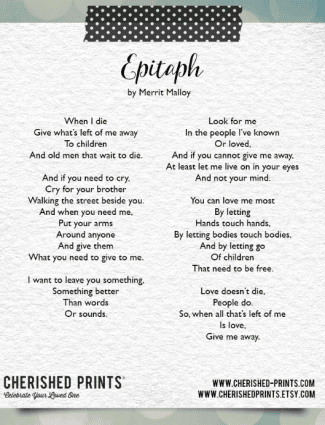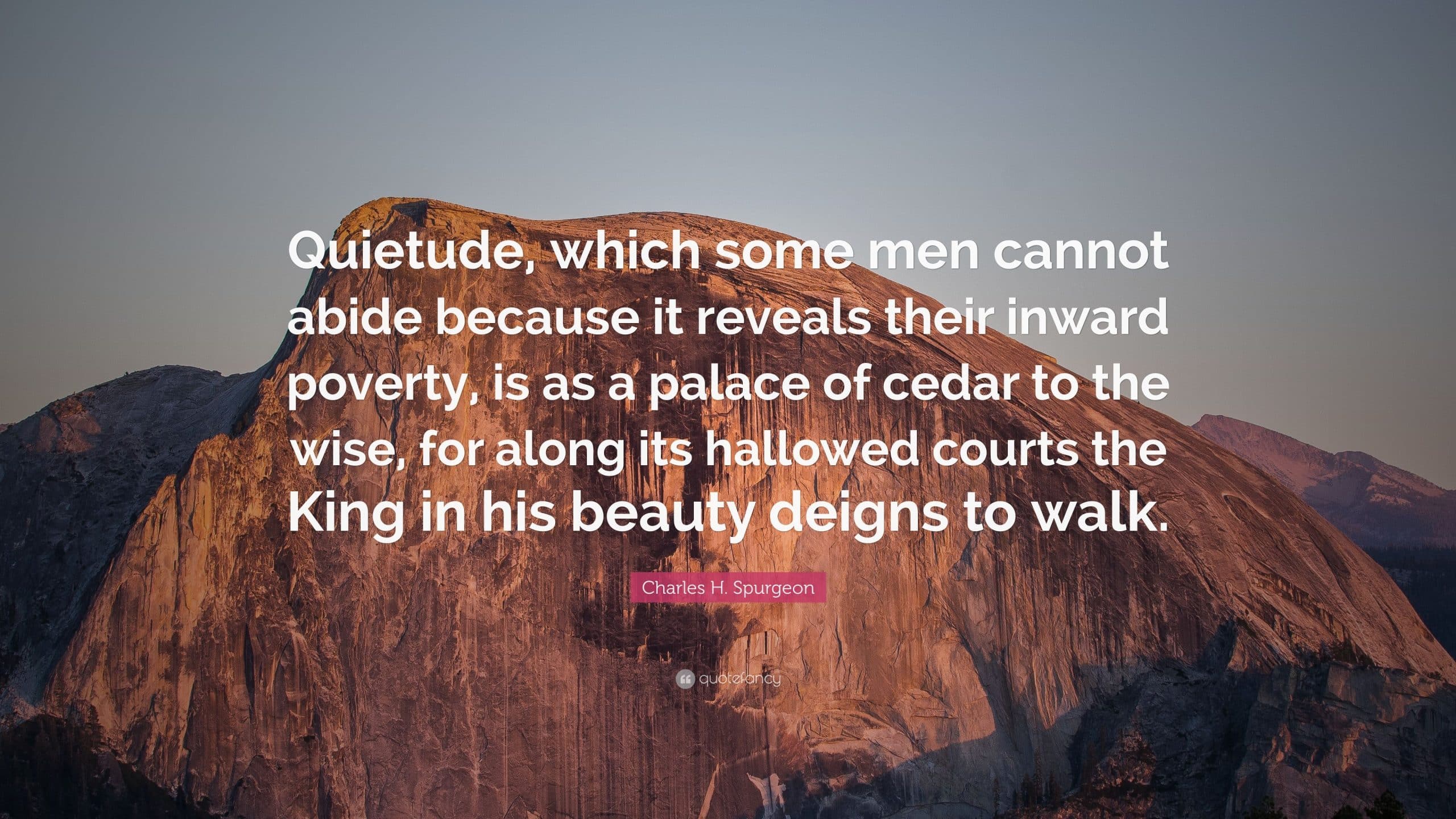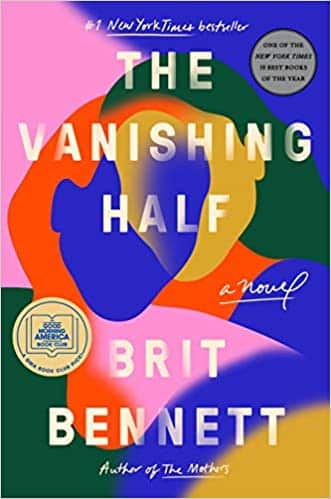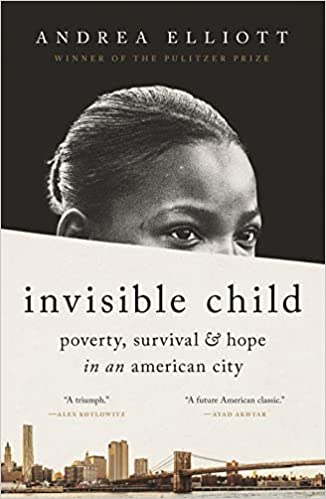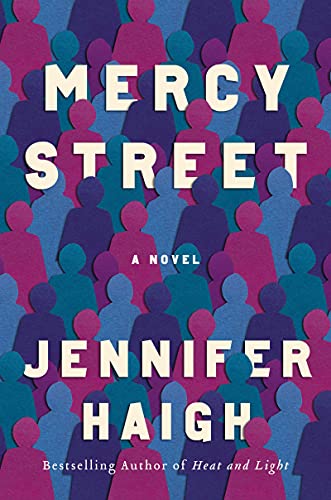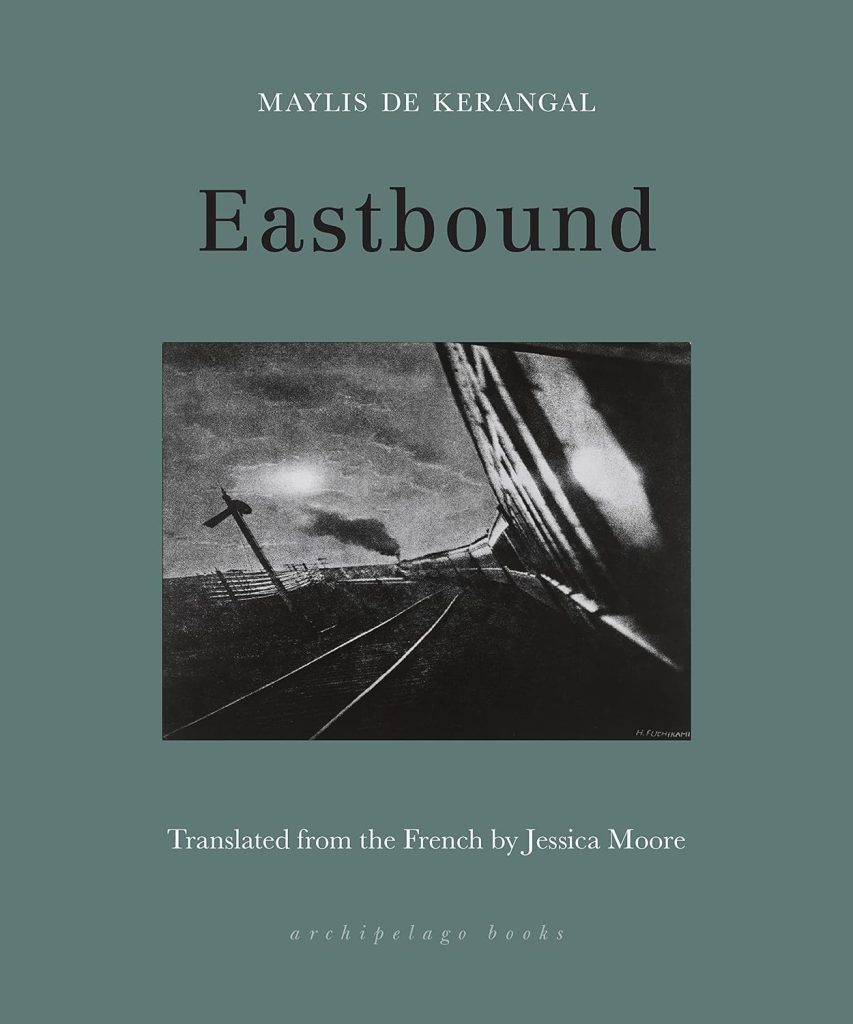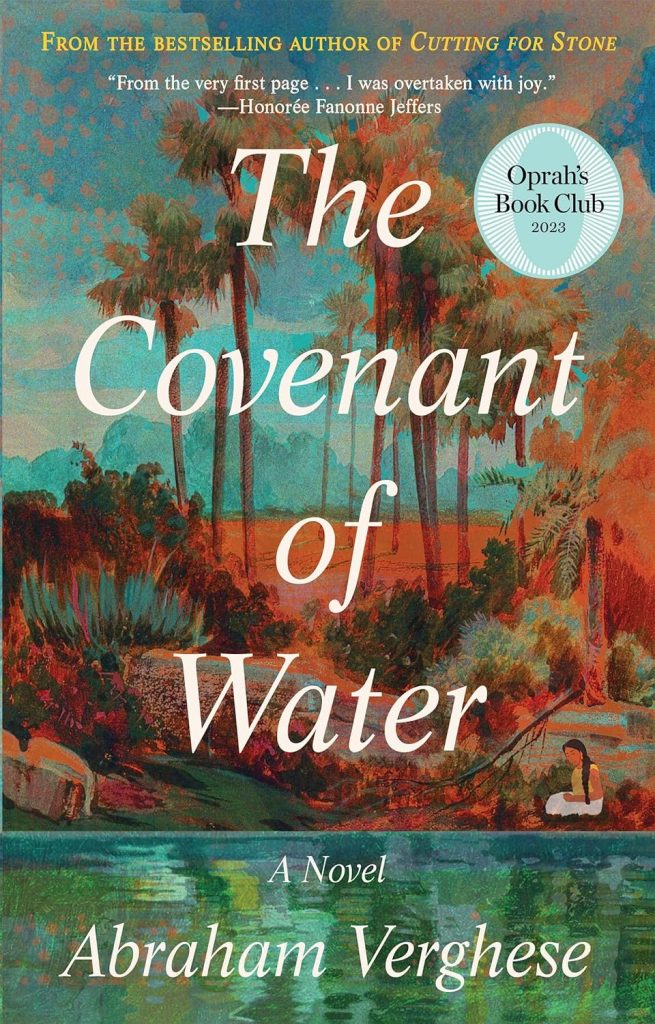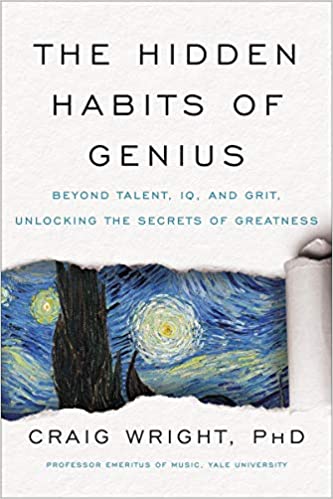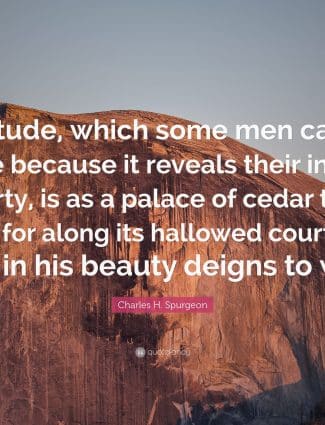
Quietude is Graceful!
Estimated reading time: 1 minute, 11 secondsAlbeit silence is the background sound of my days and nights, steadfast quietude fully encompasses our lives during the year’s final week.
As 2022 approaches, the inevitable conclusion, traffic, vehicular and foot, is at its ebb.
Excluding a lovely lunch and tour of Jan’s Memorial Garden and Wind Sculpture and assisting a friend in securing a donation to aid people experiencing homelessness, I have had a tranquil week.
Sometimes, the only sound I hear is a fruit fly buzzing. If only they would let me know their nesting place.
Many people are uncomfortable being alone.
Being alone is nothing to fear. It is where our guardian angels can hear our cries and help us understand God’s purpose for us.
Today, I will continue to read my seventy-third and likely final book of the year and review the allocation of year-end donations.
May we all find moments of solitude in the new year!
The Jan Lilien Education Fund sponsors ongoing sustainability and environmental awareness programs. Gifts made this month; I will match dollar-for-dollar. All donations are tax-deductible.
I receive a commission when you buy a book or product using a link on this page. Thank you for supporting Sharing Jan’s Love blog.


